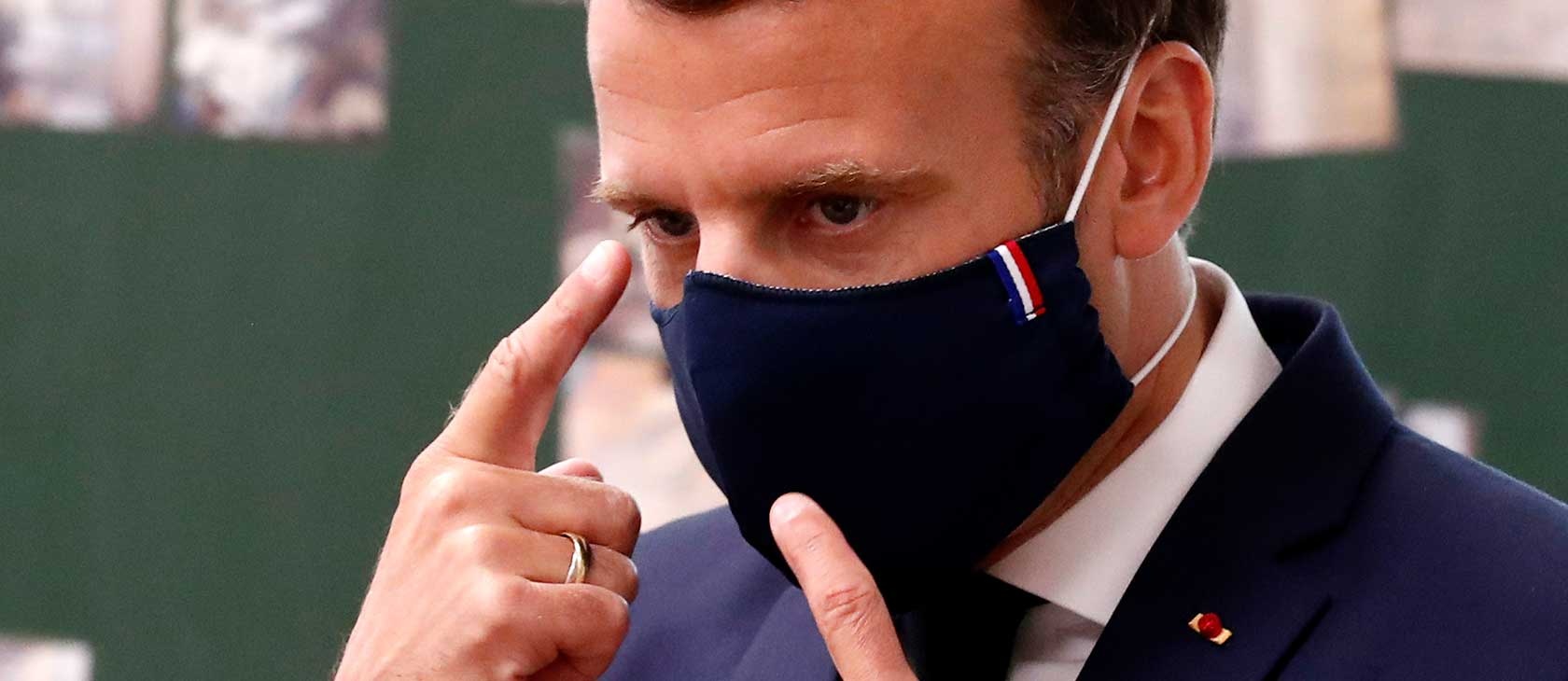The first political casualty of COVID-19 may be the European Union’s dream of an “ever-closer union.” However, the victim remains committed to maintaining the illusion of vigorous life.
Consider the speech delivered at the opening of the European Parliament’s session on January 29 by Guy Verhofstadt, an MEP from Belgium and the European Parliament’s Brexit coordinator. The body had scheduled a vote to approve the terms of the United Kingdom’s exit from the EU. In his 10-minute-long oration, Verhofstadt reflected on the events that led to that moment. How could one of the EU’s largest member states, which had entered with a resounding popular mandate less than 50 years earlier, now take the unprecedented step of leaving the EU?
In his remarks, Verhofstadt chalked it up to the EU’s primordial error: It had left too much national sovereignty intact. “There is a lesson to learn from” Brexit, he conceded. But it is “not to undo the union, as some are arguing,” he said. “No, this lesson is to … make it a real union in the coming years,” one devoid of the checks and balances individual nations may place on Brussels, including “opt-ins, opt-outs, rebates, and … unanimity rules and veto rights.” In other words, the mistake had been to give member states too much political and economic space for national self-determination.
Just weeks after this lesson on European solidarity, the health emergency in Europe revealed the dramatic weaknesses of such a political arrangement. Although it was unclear to most at the time, Verhofstadt spoke in the early days of what has proved to be a still-uncontained global pandemic. When a crisis hits, and lives and livelihoods are at stake, European governments appear much less committed to these high-minded ideals and much more interested in the welfare of their own citizens.
On March 3, the French government—led by Europhile Emmanuel Macron—confiscated all surgical masks produced in France. Three days later, the government forced a French firm to cancel a large order of masks placed by the UK’s National Health Service. In the same week Germany, Europe’s largest economy and a world leader in medical technology development, banned the export of medical equipment it needed for its own fight against the coronavirus. Contrary to the ideals of free movement among states represented by the Schengen Agreement, Germany also placed controls along its borders on March 15, following Austria’s decision to institute border checks and ban the entrance of anyone from Italy on March 10.
Interestingly, German Chancellor Angela Merkel was hailed as the leader of the free world when she gave a rare public address on the crisis, but she made no mention of the European Union and made only historical appeals to solidarity. Europe’s hardest-hit nations, Italy and Spain, have found their appeals for help rebuffed. Italy found little or no sympathy at the hands of the European Central Bank, and Spain was forced to appeal to NATO for medical supplies rather than the proper authorities in the EU.
It is hard to imagine at this relatively early hour how the global COVID-19 pandemic will impact European institutions. If Europe’s future proves analogous to Robert Higgs’ understanding of American history, then we can expect to see an expansion of EU authority that will never recede. Verhofstadt’s vision will come closer to realization.
But what European crises tend to reveal is that the best solutions are local rather than centrally planned. The migrant crisis of 2014 could not be solved from Brussels: In fact, it is still largely unresolved, although the results are essentially accepted as the new status quo. And while the EU seems to be able to solve non-problems like making it easier for travelers to recharge their cell phones, they do not seem able to navigate the process by which EU member states and NATO allies like Lithuania can gain independence from Vladimir Putin’s power grid. It seems even the most outspoken believers in the EU, like Macron and Merkel, have national rather than regional interests in mind as they respond to this crisis.
Global health crises are complex, and experts vary widely on the advice that they give to eradicate the coronavirus. Bearing responsibility for decision-making in this period is an unenviable burden. An effective response is surely one that involves coordination and cooperation. Whatever the answer may be, there is one thing that has become abundantly clear: When a crisis hits, the member states look out for “number one.” The EU has proved itself incapable of coping with this reality.




